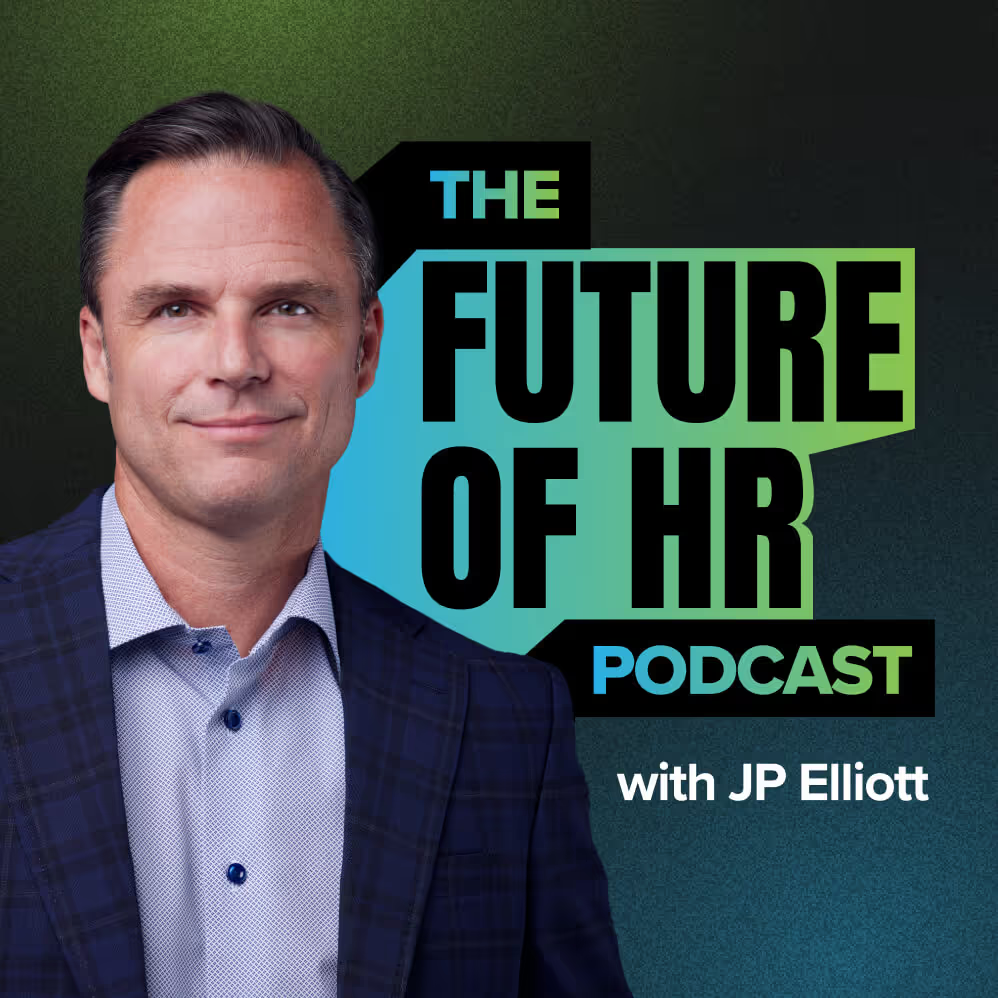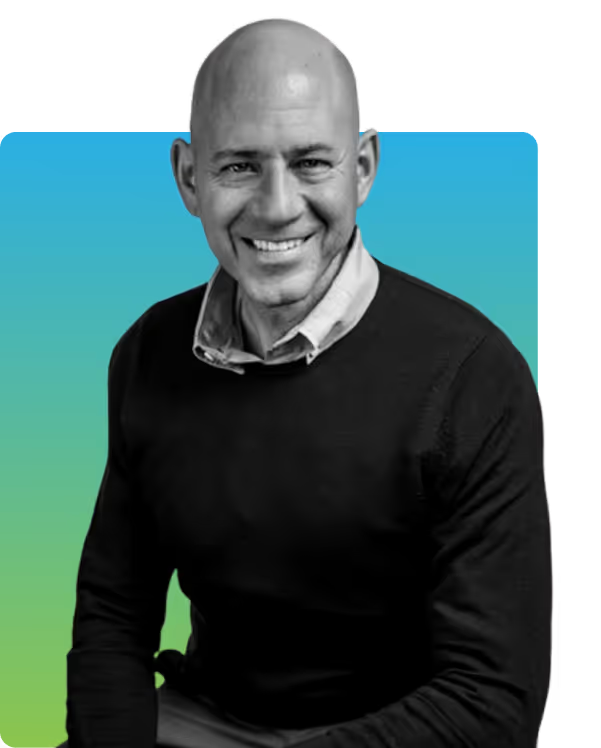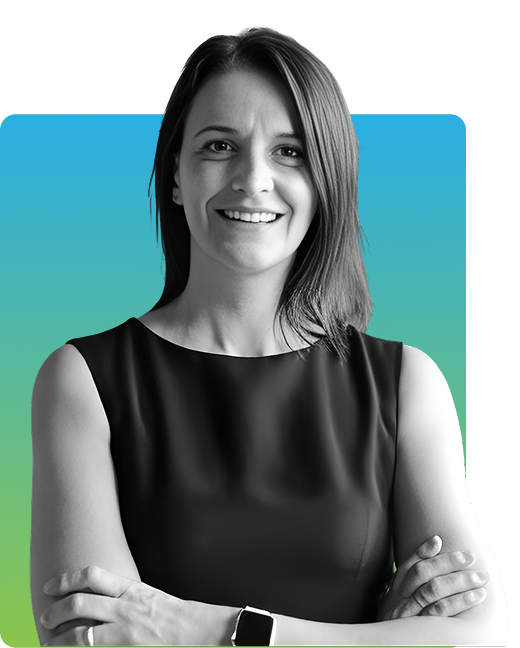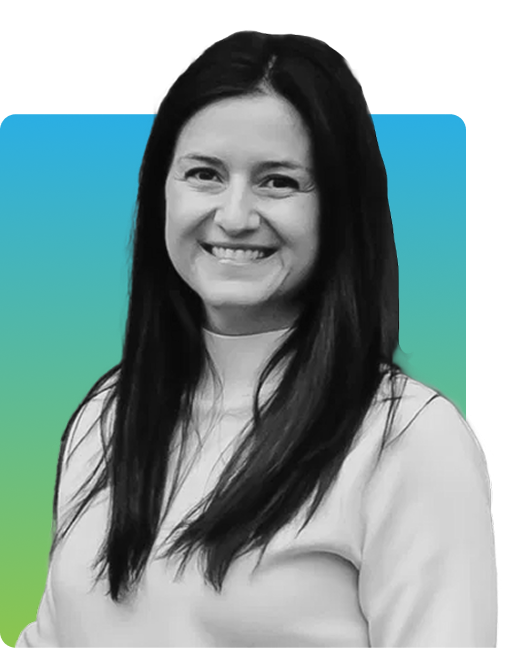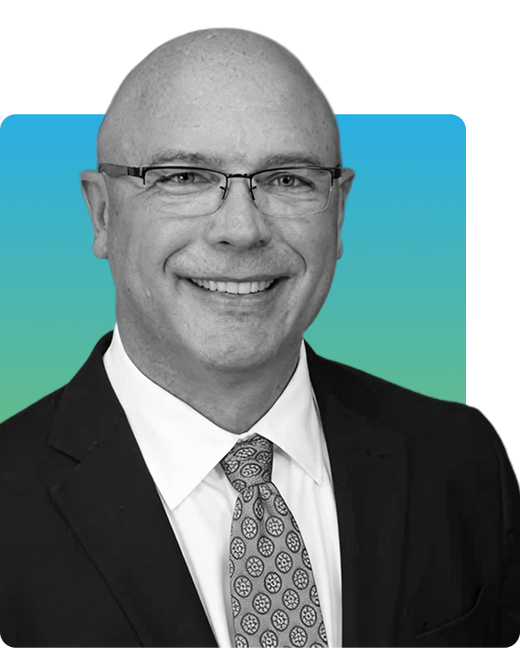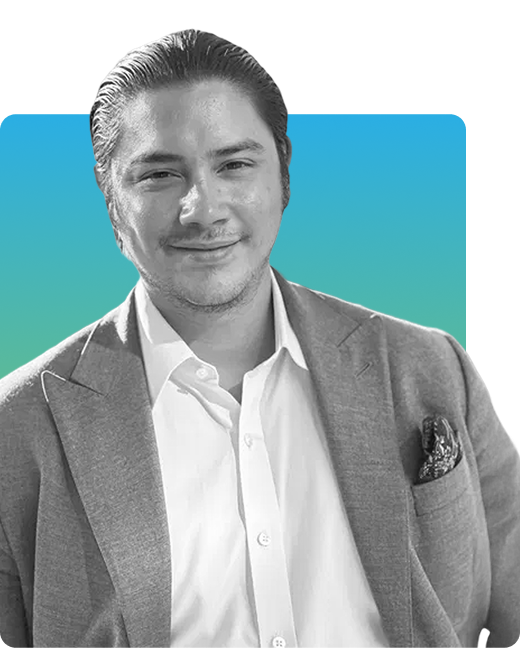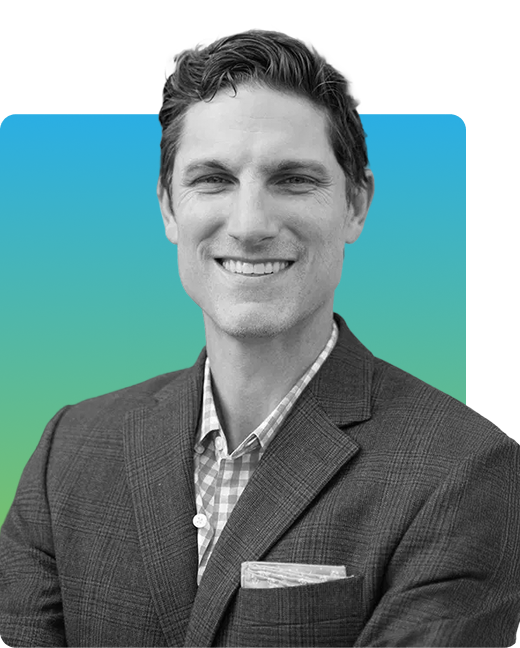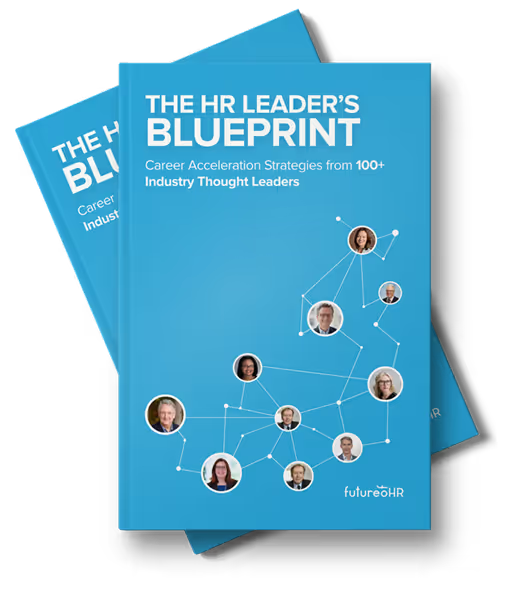Fast-track your career with The Future of HR Podcast
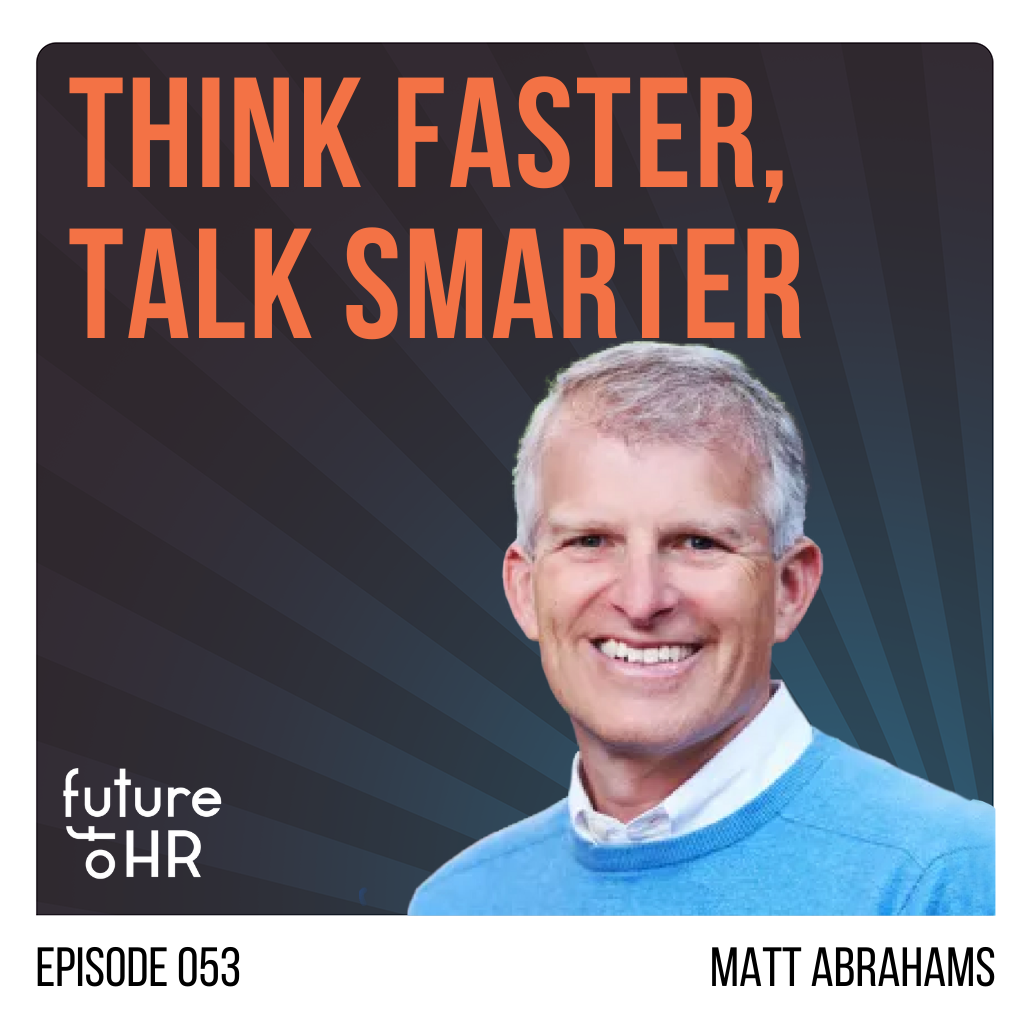
053
ep.
What makes someone a great “on the spot” communicator?How can using simple communications structures make you more persuasive, clear, and compellingMy guest on this episode is with Matt Abrahams, a Stanford lecturer on strategic communications, host of the popular “Think Fast, Talk Smart” podcast, and author of his latest book, “Think Faster, Talk Smarter: How to Speak Successfully When You’re Put on the Spot”During our conversation Matt and I discuss: Why he believes learning spontaneous communication is like playing a team sportWhy you should strive for mediocrity not perfection in your communicationsHis two-step approach to overcoming your anxiety when you are asked to speakHow to structure your spontaneous communications so they are clear, concise, and compelling.Why he views feedback as an invitation to problem solveHow to give better feedback using his four I’s feedback model Connecting with Matt: Connect with Matt Abrahams on LinkedInLearn more about “Think Faster, Talk Smarter” and all of Matt’s work here

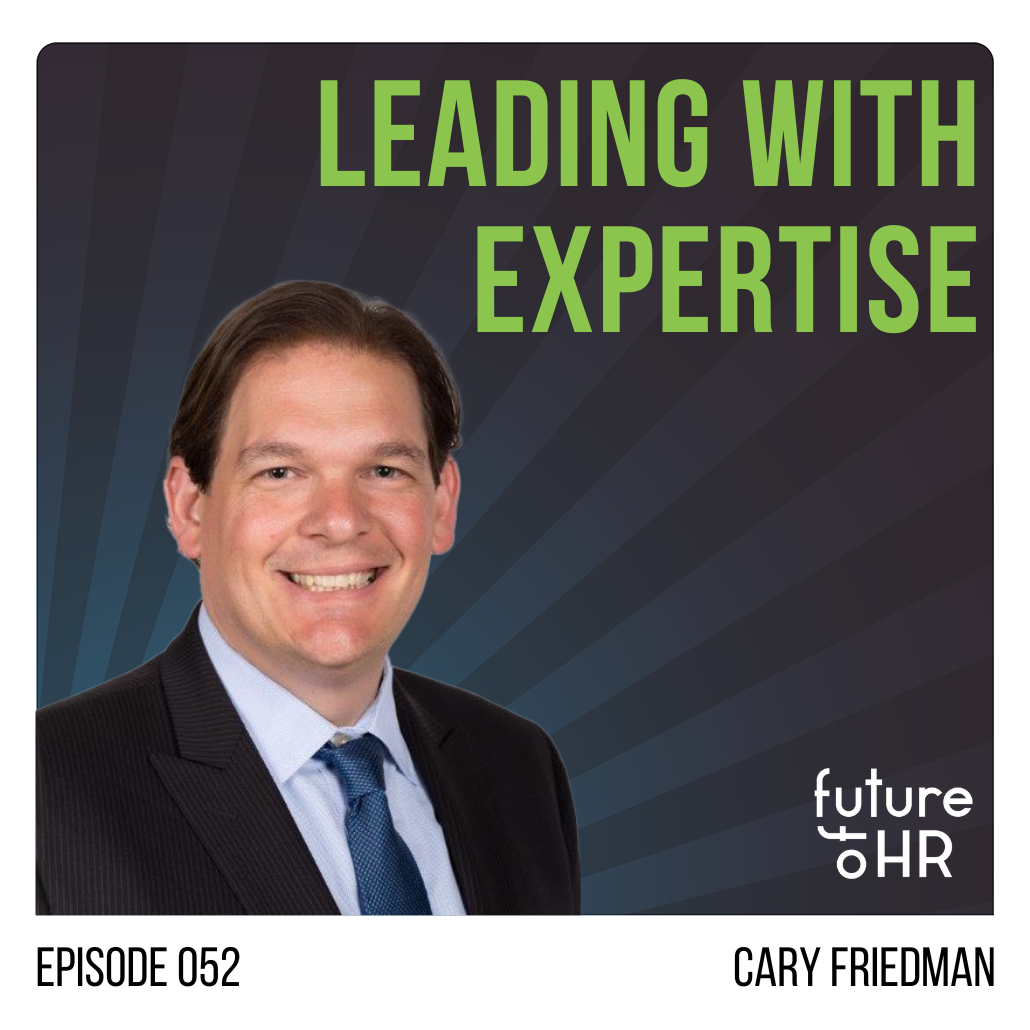
Why is it important for HR leaders to have an area of expertise? How can leading with expertise increase your impact and accelerate your career?My guest on this episode is with Cary Friedman, Global Head of Human Resources at Jefferies.During our conversation Cary and I discuss: How developing his expertise in executive coaching accelerated his careerWhat he learned from being part of the team that established the Pine Street Leadership Group at Goldman SachsHis key learnings as he transitioned into a CHRO role at JefferiesHis advice for early career HR professionals on how to be a success and stand out from the crowdWhy he believes organizations must invest in developing their people’s skills for the future

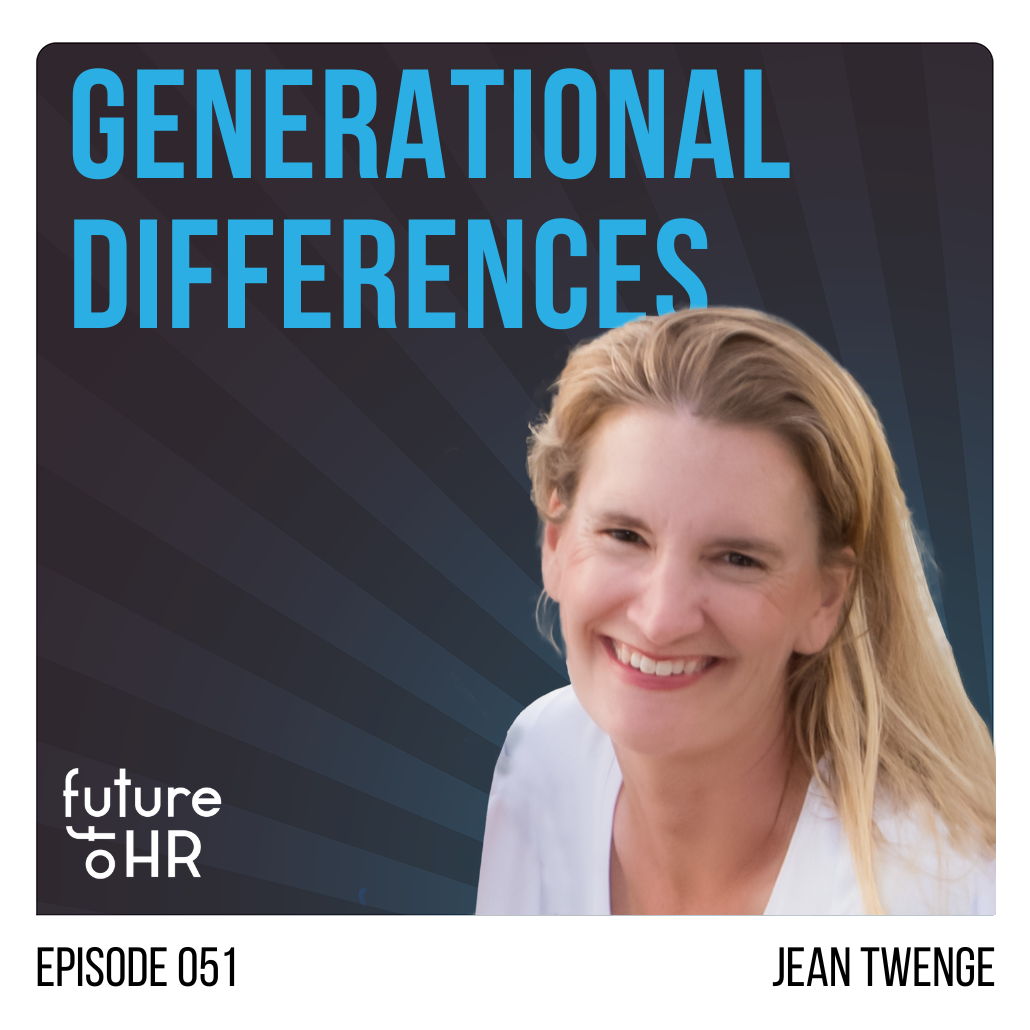
051
ep.
What is fact and what is fiction when it comes to generational differences?How do generational differences impact how we communicate and collaborate? My guest on this episode is Jean Twenge, Professor San Diego State University and author of Generations The Real Differences between Gen Z, Millennials, Gen X, Boomers and Silents and What they Mean for America’s Future.During our conversation Jean and I discuss: Why technology changes over time are the biggest driver of generational differencesWhat makes Gen Z different from other generations and what they want out of workWhy today’s young adults are taking longer than ever before to achieve adult milestonesHow millennials entering the C-Suite are changing our organizations and how we workWhy Gen Z values mental health and will expect organizations to value this as wellConnecting with Jean: Connect with Jean Twenge on LinkedInLearn more about Jean’s work and researchLearn more about Generations The Real Differences between Gen Z, Millennials, Gen X, Boomers and Silents and What they Mean for America’s Future.

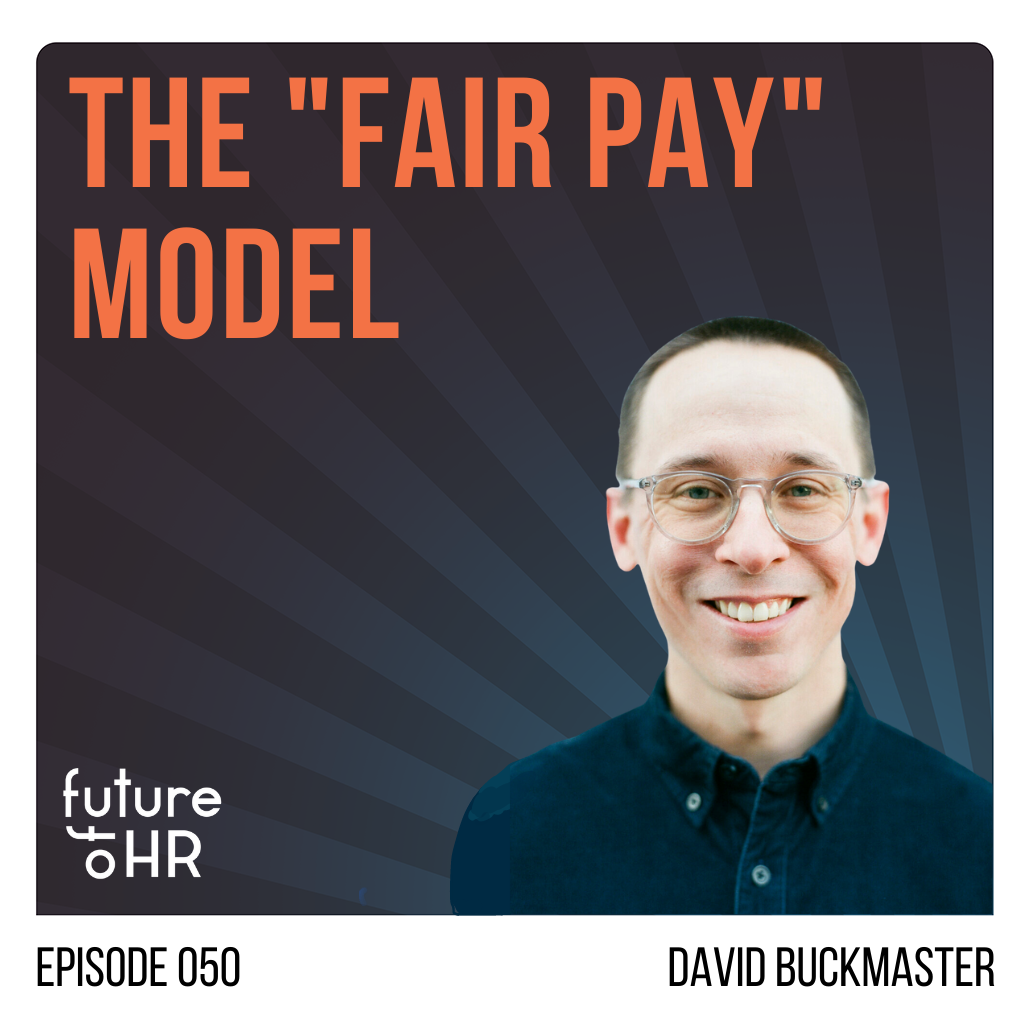
Why is so important that your organization has a “Fair Pay” model?How can HR leaders lean into compensation design and execution?My guest on this episode is David Buckmaster, Total Rewards leader and author of “Fair Pay: How to Get a Raise, Close the Wage Gap, and Build Stronger Businesses”During our conversation David and I discuss: Why he wishes more HR leaders would question if their current bonus plan is worth itWhy he believes that the more transparent a company is about pay, the more formulaic their pay model tends to becomeThe four elements of his “Fair Pay” model and how you can apply it in your organizationHis tips for negotiating a pay increase or a new job offerWhy he believes it is not a good idea to share your salary expectations with a recruiterConnecting with David: Connect with David Buckmaster on LinkedInLearn more about “Fair Pay: How to Get a Raise, Close the Wage Gap, and Build Stronger Businesses”

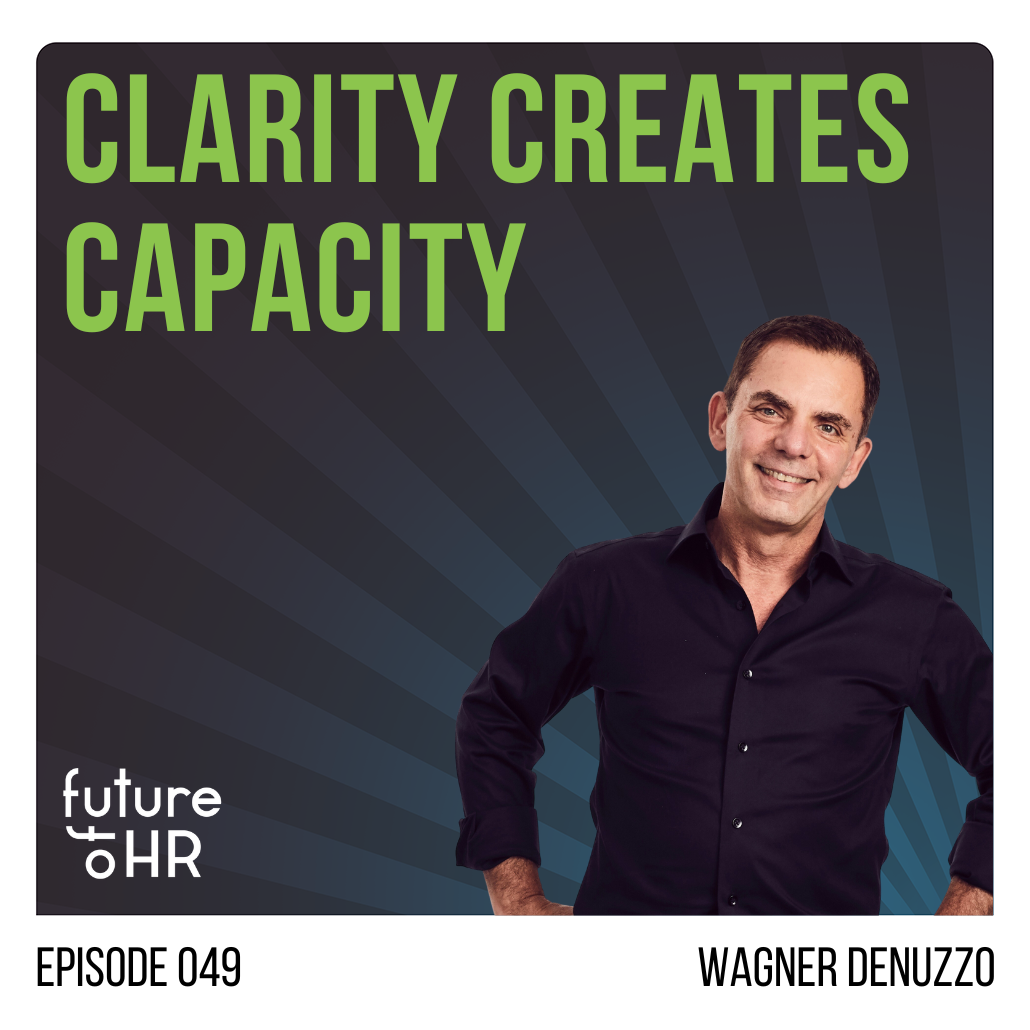
049
ep.
How does clarity create capacity in an organization?Why is the future of work about culture and connection, not policies and programs?My guest on this episode is Wagner Denuzzo, Future of Work expert, executive coach, and HR start-up advisorDuring our conversation Wagner and I discuss: Why he believes the future of work is about culture and connection, not programs and policiesWhy he believes HR is becoming more of a business driver and less of a support functionHis perspective on the promise and challenge of becoming a skills based organizationWhy organizations need to invest in the leadership skills of their early career talentWhy teams, not individuals are the new unit of value creation for organizationsConnecting with Wagner: Connect with Wagner Denuzzo on LinkedIn

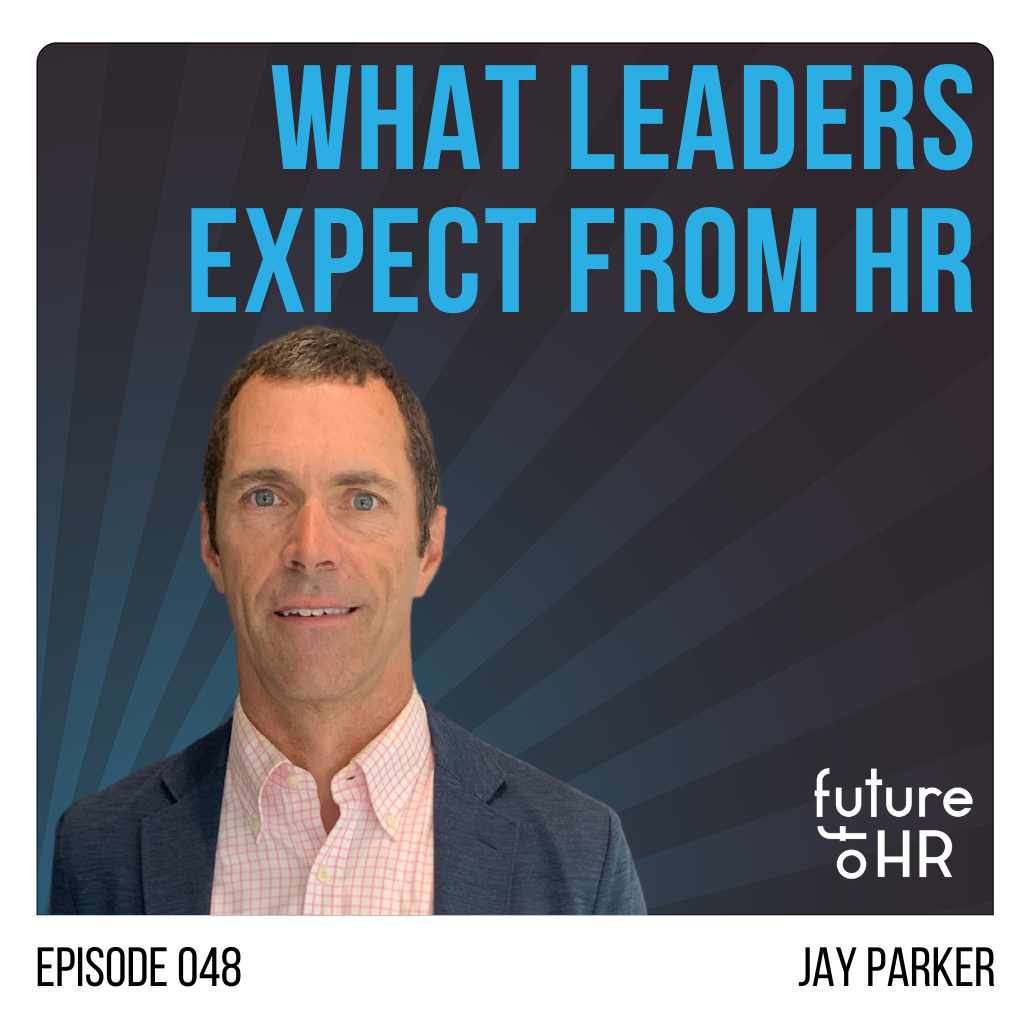
What do business leaders expect from their HR business partners? What four competencies do all successful leaders have in common?My guest on this episode is Jay Parker, Founder and CEO of Mentorforce and former President Dell, Personal Computing GroupDuring our conversation Jay and I discuss: What he learned from time as a senior executive at Dell and Lenovo The four competencies that all successful leaders have in common Why he started Mentorforce and his vision to rethink leadership development What he believes business leaders expect and want from their HR Business Partners Connecting with Jay or Mentorforce:Connect with Jay Parker on LinkedInLearn more about Mentorforce

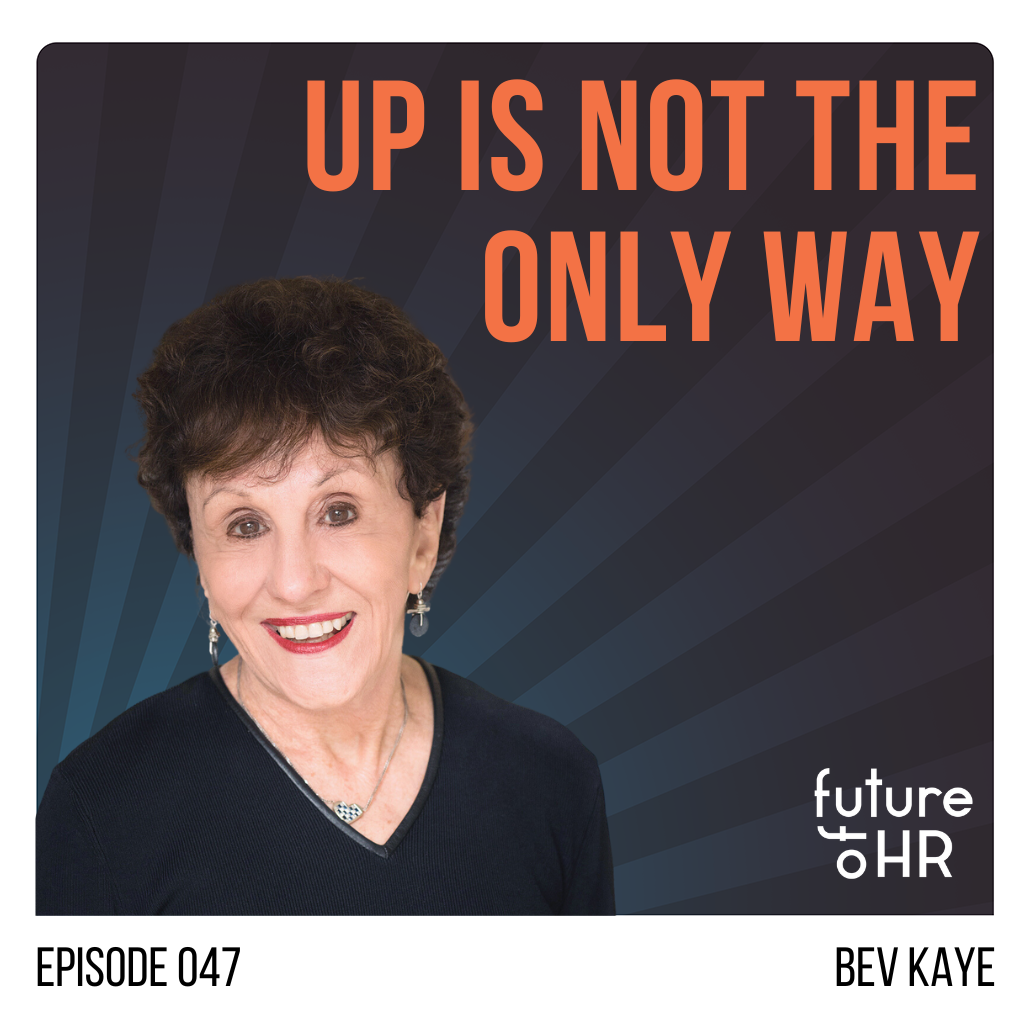
047
ep.
How has career development changed over the years? What really matters when it comes to retaining and engaging your team?My guest on this episode is Bev Kaye, best-selling author, speaker, and founder of Bev K & Company.During our conversation Bev and I discuss: The research that led to her classic book, “Up is Not the Only Way”Why she believes career development is the integrating force for all HR processesWhy growing in your current role is underrated and often overlookedWhy each of us should have six growth orientated career goalsWhy asking “what can I do to keep you” is the most powerful tool a manager has to retain their peopleConnecting with Bev Kaye:Connect with Bev Kaye on LinkedInLearn more about Bev K and Company

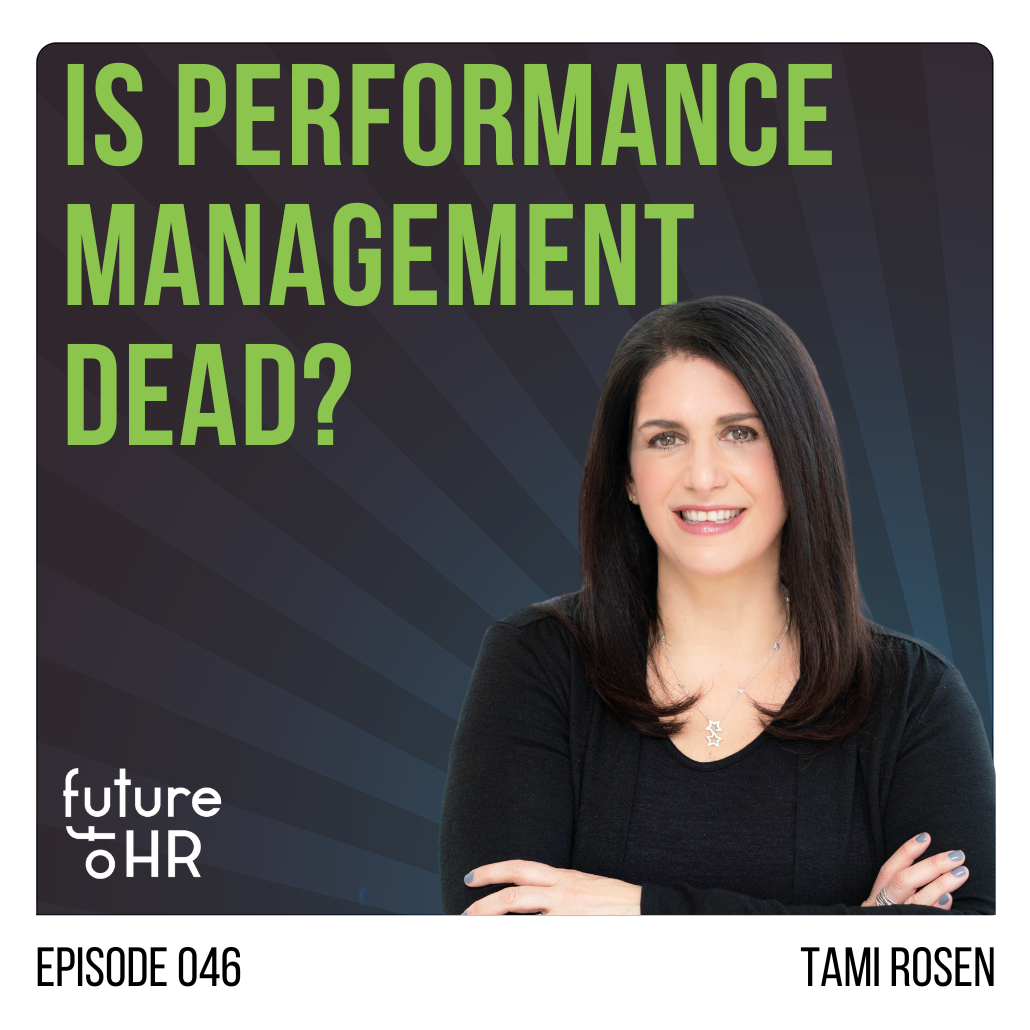
What is the best way to motivate and drive individual performance?How can we redesign performance management to be more effective?My guest on this episode is Tami Rosen, Chief People Officer at PagayaDuring our conversation Tami and I discuss: Why she thinks of her career in four phases and why you should tooWhat she learned being the first Chief People Officer at three different companiesHow she has replaced performance management with a “continuous learning cycle” that focuses on learning from successes and failuresHow being open to receiving feedback can positively impacted your careerWhy she believes we have changed “where” we work, but not “how” we workConnecting with Tami Rosen:Connect with Tami Rosen on LinkedIn

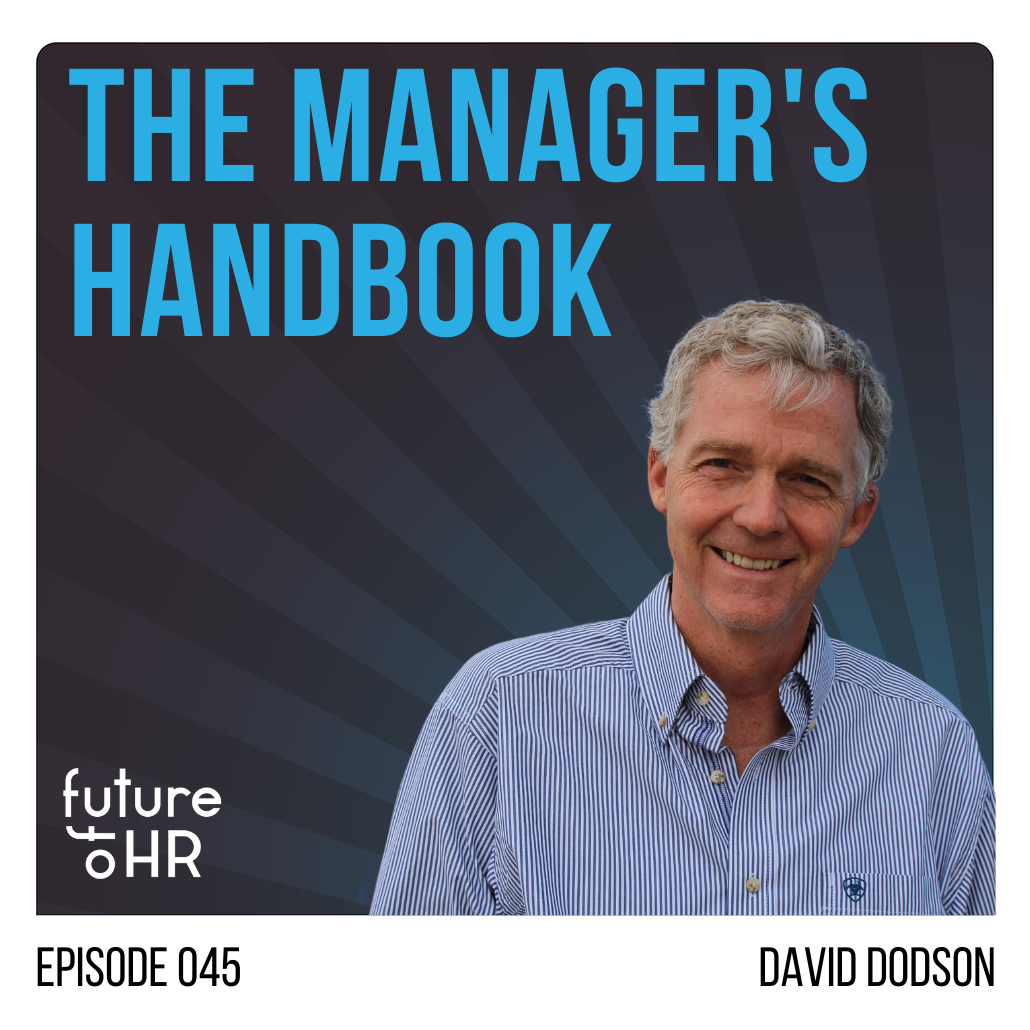
045
ep.
Why do some leaders consistently outperform their peers? What is it that differentiates the most effective leaders from the rest? My guest on this episode is David Dodson, the author of “The Manager’s Handbook: The Five Steps to Build a Team, Stay Focused, Make Better Decisions, and Crush Your Competition” In addition to being an accomplished author, David is a faculty member at Stanford University’s Graduate School of Business, a successful serial entrepreneur, a board member of more than 40 companies, and an active investor in over 100 businesses. During our conversation David and I discuss: His research on the five must-have skills from people who get things doneWhy you should be hiring based on outcomes, not likabilityWhy he believes “Instant Performance Feedback” is so powerful and how to do itHow the most effective leaders find an additional 80 minutes a day without working longerWhy being good at seeking and taking advice is a competitive advantageHis advice to HR on how to improve the quality of leaders at your companyConnecting with David Dodson: Connect with David Dodson on LinkedIn or learn more on his website Read or buy: “The Manager’s Handbook: The Five Steps to Build a Team, Stay Focused, Make Better Decisions, and Crush Your Competition”

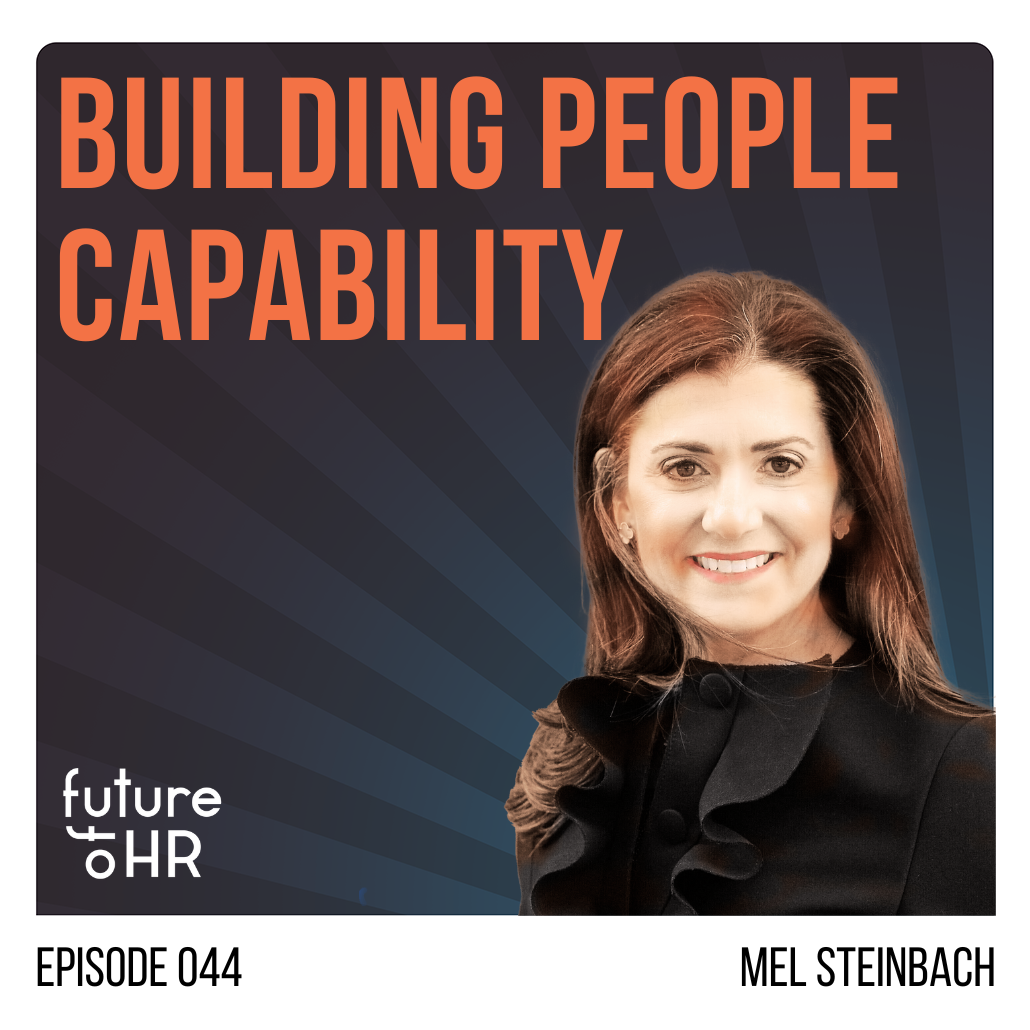
What does building people capability mean to you? Why is building people capability critical to the success of your organization?My guest on this episode is Mel Steinbach, Chief People Officer at MasterClassDuring our conversation Mel and I discuss: How she transitioned from an executive search leader to a Chief People OfficerWhat she learned working for multinational companies as well as fast growing start-upsWhy building people capability is so critical to the success of a businessWhy she believes LinkedIn has fundamentally impacted how people manage their careersWhy learning that is educational and entertaining is more engaging and impactfulConnecting with Mel Steinbach:Connect with Mel Steinbach on LinkedInLearn more about MasterClass


